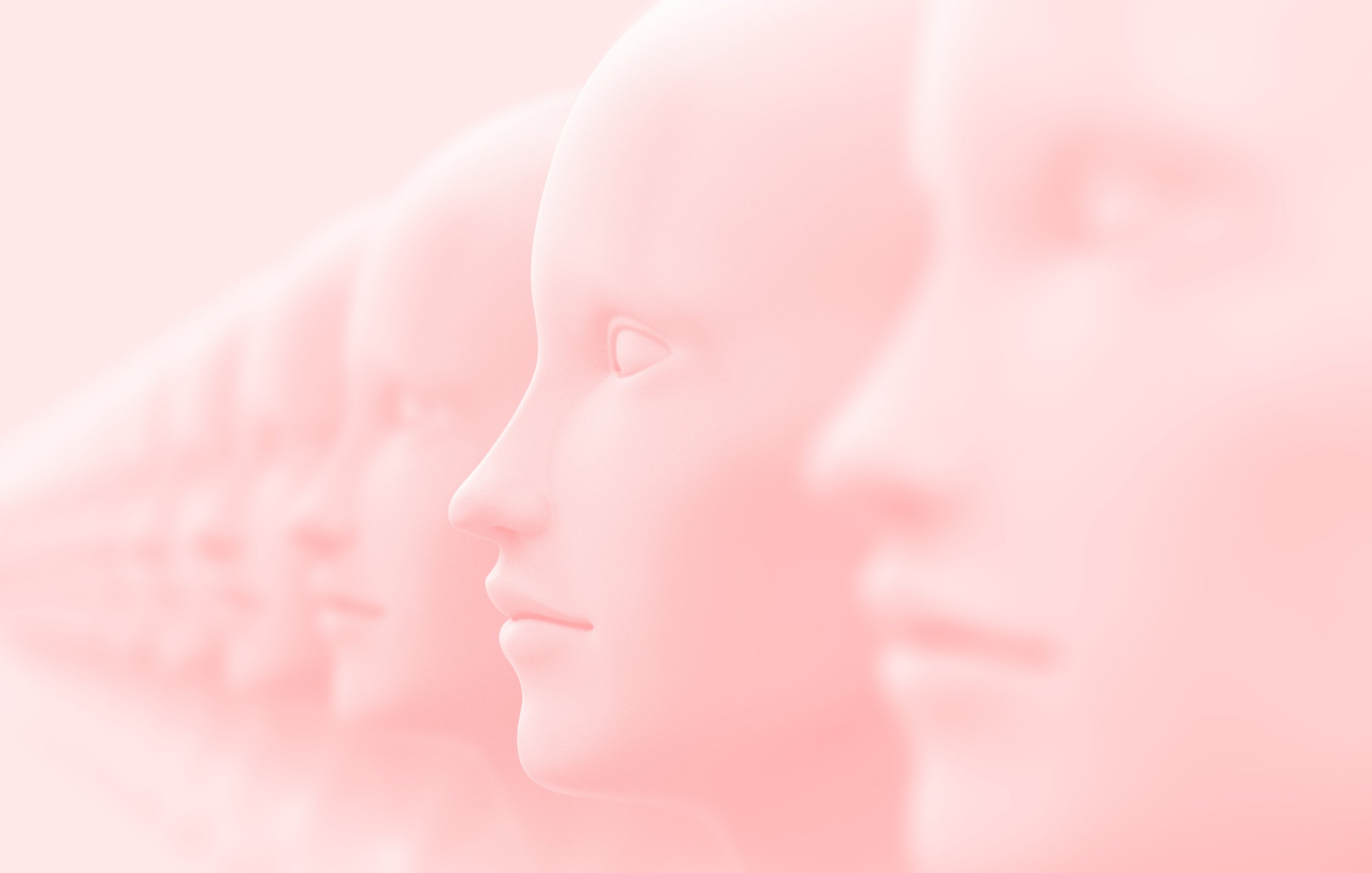In January I took up an exciting new role at King’s College London, where I am Professor of Modern History and Director of a new Faculty Centre for Technology and the Body. This Centre, which is affiliated to the Digital Futures Institute, explores the ways in which we might live well with technologies, past, present and future. There is nothing inherently ‘new’ about technology. Nearly two million years ago, stone tools were used to deliberately shape the world around us. And that’s what technology is on a profound level: evidence of human interaction with the environment.
Understanding the body in relation to technology is important because the body and our physical, emotional and psychological experience can only be understood in relation to the world around us. And it tends, like any other way of experiencing the body, to be framed in ways that reproduce existing beliefs about race, ethnicity, gender and ability. It doesn’t matter whether we are talking about contraception or facial recognition systems, technologies are always rooted in ideas about people’s ideas, beliefs, capacities and social roles.
The Centre for Technology and the Body at King’s College London explores these ideas, and encourages interdisciplinary collaboration across disciplines, faculties and sectors. It is the new home of my Interface project (previously AboutFace), which is funded by a UKRI Future Leaders Fellowship. Interface explores the history and meanings of the human face, as it relates to individual and social identity, communication and emotions.
As AboutFace, Interface focused on facial transplantation as a form of medical technology. tracing the history of face transplants around the world, and identifying the ways in which surgical intervention needed to take better account of the emotional meanings of the face. It made recommendations to surgical teams around the world, and worked with psychologists, ethicists, neuroscientists, researchers from across the humanities and social sciences – and critically, with people with lived experience of facial difference, reconstruction and transplantation. The Advisory Board and Lived Experience Advisory Panels are composed of leading researchers and advisors from multiple countries and perspectives. And we are grateful to all for their insights and expertise.
As Interface, we are entering an exciting second phase of AboutFace research, a development that brings together everything we have learned so far with an enhanced understanding of facial transplantation – and surgical interventions as a whole – as one form of facial technology that intersects with the space on the body most associated with individualism, identity and selfhood. Non-surgical interventions that disrupt and engage with the idea of the face as a space for individual identity, and that are increasingly important in the digital age as the context in which face transplants take place.
Interface explores the impact of facial transplantation within this broader context of technological interventions: from facial recognition systems to deepfakes; from identity politics to cosmetic surgery, from 3D printing to transplanted faces. Such interventions continue to reflect rather than subvert traditional ideas about race, gender, ethnicity, and ability – and they ask important questions about the meaning of the face in the modern age – as I set out in a recent article for King’s Net Gains blog series.
All my research over the past 25 years – from the history of the body, emotion, embodiment; through histories of loneliness and the human heart, to face transplants and facial technologies – has focused in some way on what it means to be human, to inhabit a human body, and to engage with the world around us; to feel connectedness or distance, to use language, gesture or ritual in order to make meaning. That work has been consistently interdisciplinary, drawing from a wide range of insights from other fields, and highlighting the importance of a historical understanding to inform the present. Presenting that work outside of academia, learning from and helping to understand how history impacts on our everyday lives – in racial and gender ideology, for instance, that informs medical practice, or in how post-industrial ideologies have produced and intensified the ‘loneliness epidemic’ is an important part of my work. Find out more in my TED talk.
In this blog I will be drawing these strands together, highlighting the work being done at Interface, and the Centre for Technology and the Body, as well as my continued research on emotions like loneliness in relation to digital technologies and social change. Get in touch if you’d like to know more.

